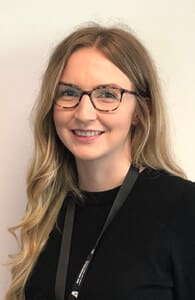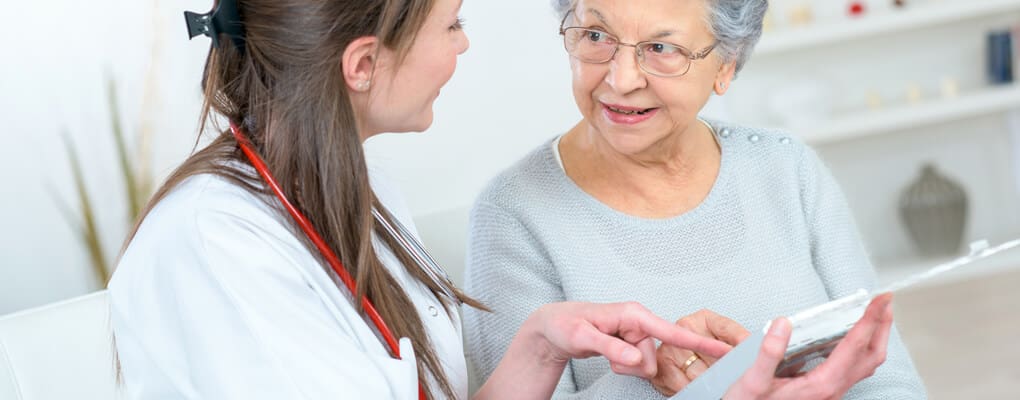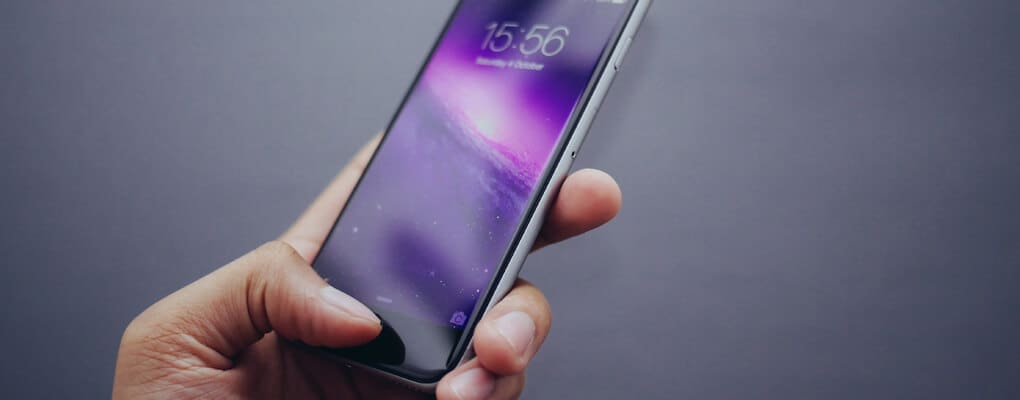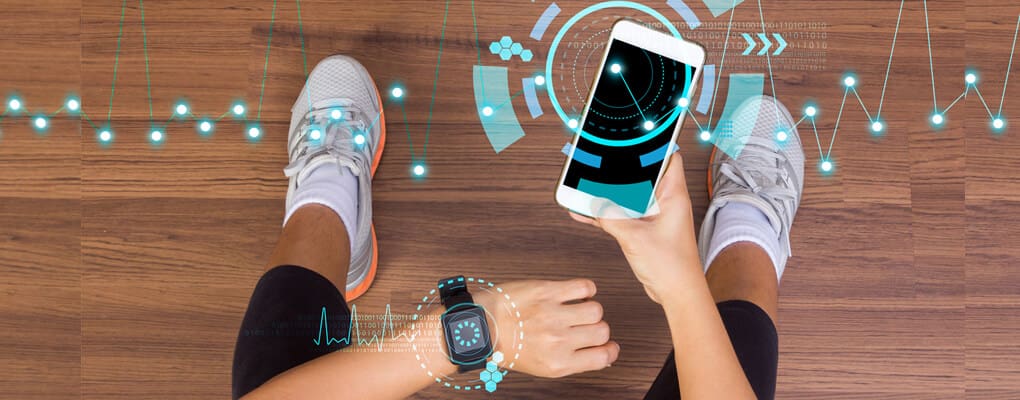Life Science Patents – The Basics
Expert Spotlight - Intellectual Property: Patents, Designs, Copyright, Trade Marks, Trade Secrets

Definition IP is a firm of UK, Irish and European Patent and Trade Mark Attorneys who provide clear, commercially-focused advice and services relating to Intellectual Property.
At Definition IP, we work closely with our Clients to understand their business objectives and to ensure that their Intellectual Property is appropriately protected, integrated and leveraged. Our aim is to ensure innovation is identified and assimilated into your business as effectively as possible.
Our services include drafting, filing and prosecuting patent applications through to grant, preparing and filing registered design applications, and filing and prosecuting trademark applications. We also advise regularly in connection with post-filing and contentious IP issues.
At Definition IP we also provide ancillary services, such as IP audits, strategic advice and IP educations service. We have particular expertise in the software, engineering, chemistry, life sciences and medical device fields, as well as in assisting companies who are going through a period of transition, such as a funding stage from seed to IPO, where a well-managed IP strategy can be a significant asset.
Expert Spotlight - Stephanie Carr
Stephanie Carr is a trainee Patent Attorney with particular expertise in the life sciences field. Stephanie studied at Newcastle University, gaining a B.Sc. in Cellular and Molecular Biology and an M.Res. in Neuromuscular Diseases.
Following this, Stephanie spent three years carrying out research at the Institute of Genetic Medicine (Newcastle University), studying the cardiac phenotype of Duchenne Muscular Dystrophy for which she gained her PhD.
After completing her studies, Stephanie joined Definition IP in October 2018 and began her training as a patent attorney.

What are Life Science Patents?
Patents protect how things work; for example this can be a new or improved product or a method. In order for an invention to be patentable, it must be novel, be inventive, and be capable of industrial application.
The threshold for novelty is absolute, meaning that even your own disclosures will count against you – it is imperative that you keep your invention confidential until your patent application has been filed.
Why are Life Science Patents required?
There are many commercial reasons for obtaining a patent, the most obvious of which is to protect your investment in innovation.
Patents can also be used as a marketing tool by way of demonstrating innovation to customers and consumers.
Granted patents can provide a source of revenue by licensing them to third parties. A granted patent may also convey tax relief through the UK government patent box scheme!

How can Life Science Patents be implemented?
Patent protection is territorial meaning you must file an application in each country/territory in which you wish to protect your invention.
Generally, an initial application is made in the UK at the UK Intellectual Property Office (UK IPO).
After filing the application, the UK IPO will perform a search to identify “prior art” made available before the date of filing of your application.
‘Prior art’ includes not only earlier patent documents, but all forms of disclosure including presentations, articles, demonstrations, sales and use, which have taken place anywhere in the world before the filing of your patent application.
You then have the opportunity to respond to any objections raised by the Examiner. If no objections are raised, or once these objections are overcome, your application will normally proceed to grant.
This process can typically take anywhere from 1-4 years.
If you wish to protect your invention in other territories, foreign applications must be filed within 12 months of your initial application. These applications will be treated as though they were filed on the same date as your initial application. Every application will then undergo examination in each individual territory.
There is a central application procedure called the Patent Cooperation Treaty (PCT) which is commonly used to pursue patent protection in multiple jurisdictions as it allows you to buy extra time to decide where to protect your innovation and streamlines the application process.
Once a patent is granted, you can use it to prevent others from exploiting your invention. Patents tend to be valid for 20 years (subject to the payment of renewal fees).
As part of the application process, patent documents must be described in full and this must be published. Once the period of protection expires, in exchange for having a period of exclusivity, your invention becomes a part of the public knowledge.

Who is in the best place to deliver Life Science Patents?
Before becoming a Patent Attorney, you must have a degree in a technical subject. Training as a Patent Attorney is mainly carried out on the job and most UK-based Attorneys will sit professional examinations to qualify as both a Chartered UK Patent Attorney and a European Patent Attorney.
Patents are complex documents which are both technical and legal in nature. Patent applications are usually prepared by a specialist Patent Attorney with technical expertise in your inventive field. Having the combination of technical knowledge and legal training best places us to draft, file and prosecute patent applications!

How to get the most out of working with a Patent Attorney.
If you think you have a potentially patentable invention, it’s always best to speak to a professional sooner rather than later! We can help identify potentially patentable inventions and advise you on the best route to protection.
The first meeting with a Patent Attorney tends to involve an invention disclosure. Remember, Patent Attorneys all have a technical background so are likely to ask you technical questions relating to your invention! In order to make the most out of your first meeting, here are some points to worth considering in advance:
- Which elements of your invention are new?
- Which elements of your invention are clever?
- What is currently the closest thing to your invention that you’re aware of (including your own previous inventions)?
- Which problems does your invention solve?
- What are the minimum elements required for your invention to function?
- Who is the inventor?
And most importantly, you must keep any potentially patentable invention confidential prior to filing! If you need to discuss your invention with a third party, you can do so under a non-disclosure agreement (NDA) in order to retain confidentiality.


Get in touch with Definition IP
If you have any queries relating to patents or any other form of IP (trademarks, designs, copyright and trade secrets), please get in touch with Definition IP
Email: info@definitionip.com
Website: Definition IP website
LinkedIn: Definition IP
LinkedIn: Stephanie Carr
Twitter: @definitionIP